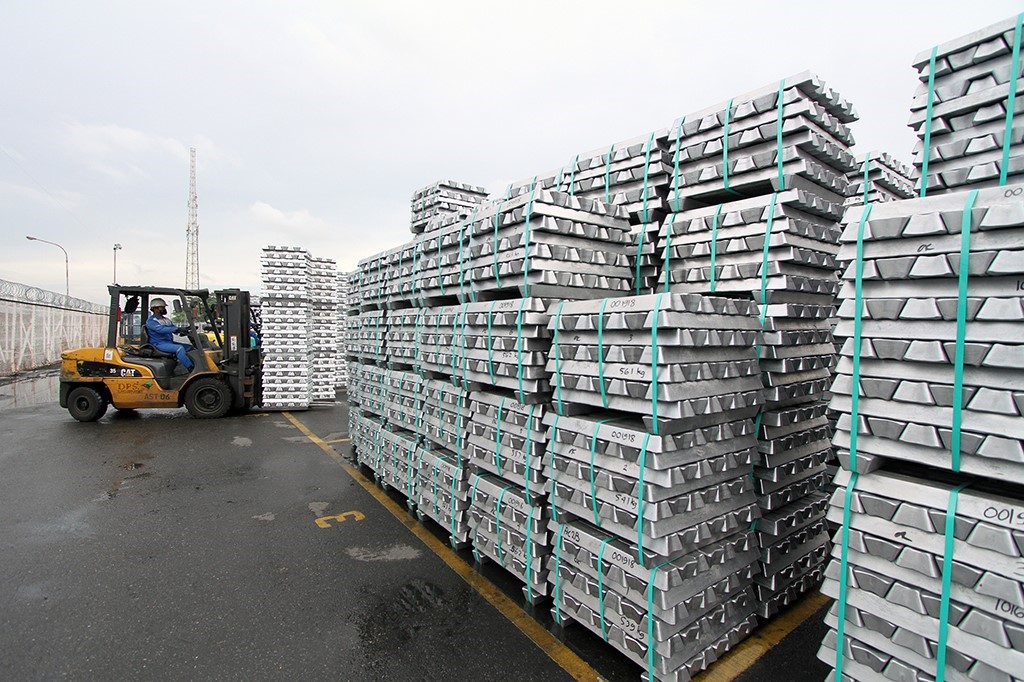China’s aluminium ingots and billets inventory start trending down with increased outflows from warehouses
At the end of last week on March 7, China's domestic aluminium ingots and aluminium billets inventory showed a downtrend with the arrival of the traditional peak season.

According to SMM, aluminium ingots inventory in China's eight major consumption areas stood at 821,000 tonnes, up 3,000 tonnes from March 4 and 33,000 tonnes higher than the pre-Chinese New Year holidays during February 10-15. Compared to the past seven months of the same period, the inventory reflected a slow growth and remained at the lowest.
The fall in ingot inventory was primarily driven by the significant rise in outflows from warehouses by about 17,7000 tonnes week-on-week in the second week after CNY, amounting to 98,800 tonnes.
The inventory performance after CNY this year is similar to last year. SMM suggests the inventory growth will slow down further with the arrival of traditional peak seasons in March. The outflows from warehouses will increase, leading the inventories to build up stocks modestly and move between 800,000-900,000 tonnes till the first half of March. The peak of inventory is estimated to be around 850,000-900,000 tonnes.
The domestic social inventory of aluminium billets stood at 259,000 tonnes, down 11,500 tonnes week-on-week and 6,100 tonnes from March 4, marking relentless downfall over the past two weeks.
With production continuing to resume, downstream aluminium companies purchased aluminium billets with relatively low prices, leading the inventory to fall. The outflows from warehouses were also high, contributing to low inventory.
After the inventory began to drop, billet processing fees rose along with rising aluminium prices. According to SMM data, the prices of large and small billets were RMB260/t and RMB320/t in Guangdong, up RMB20/t and RMB10/t W-o-W. In Wuxi, large and small billets were priced at RMB300/t and RMB350/t, respectively, and that in Nanchang were RMB220/t and RMB290/t. SMM believes that this rise in prices may affect the demand.
Nonetheless, in the traditional peak season, the aluminium billet outflow from warehouses is expected to rise, further reducing inventories. SMM will pay close attention to recovering downstream consumption and sustainable destocking.
This news is also available on our App 'AlCircle News' Android | iOS















.png/0/0)







